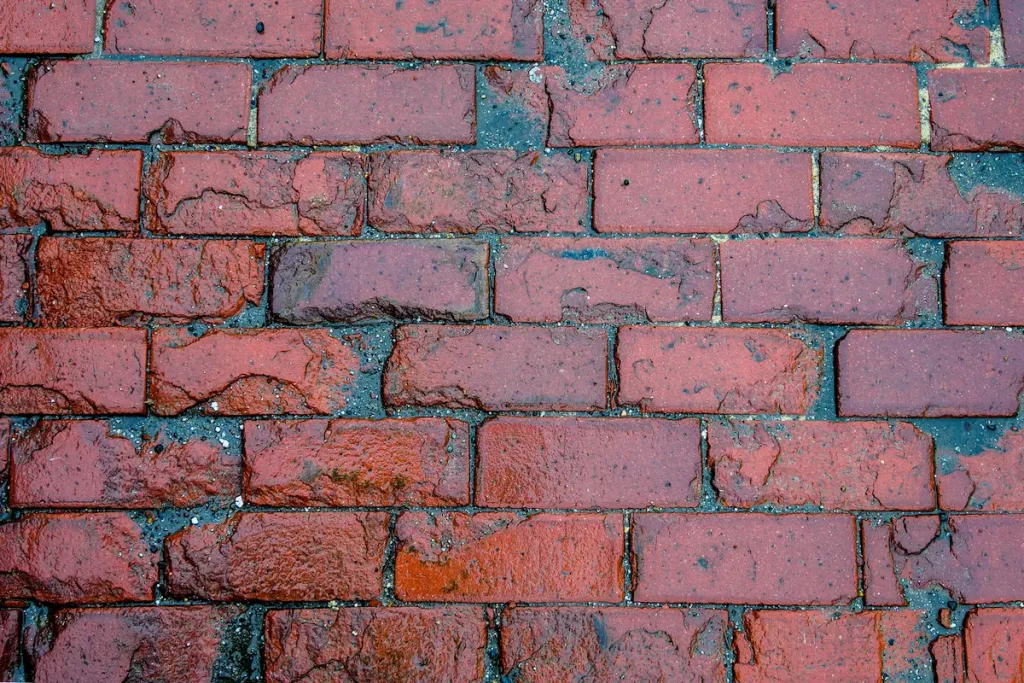Why Is My Basement Leaking?

When choosing a home to buy, one of the top characteristics homebuyers look for is a basement. More space is available for living and entertaining in a well-designed basement. Additionally, a basement adds value to your house even if it is poorly planned because it provides additional storage space. However, while being underground, a basement […]


